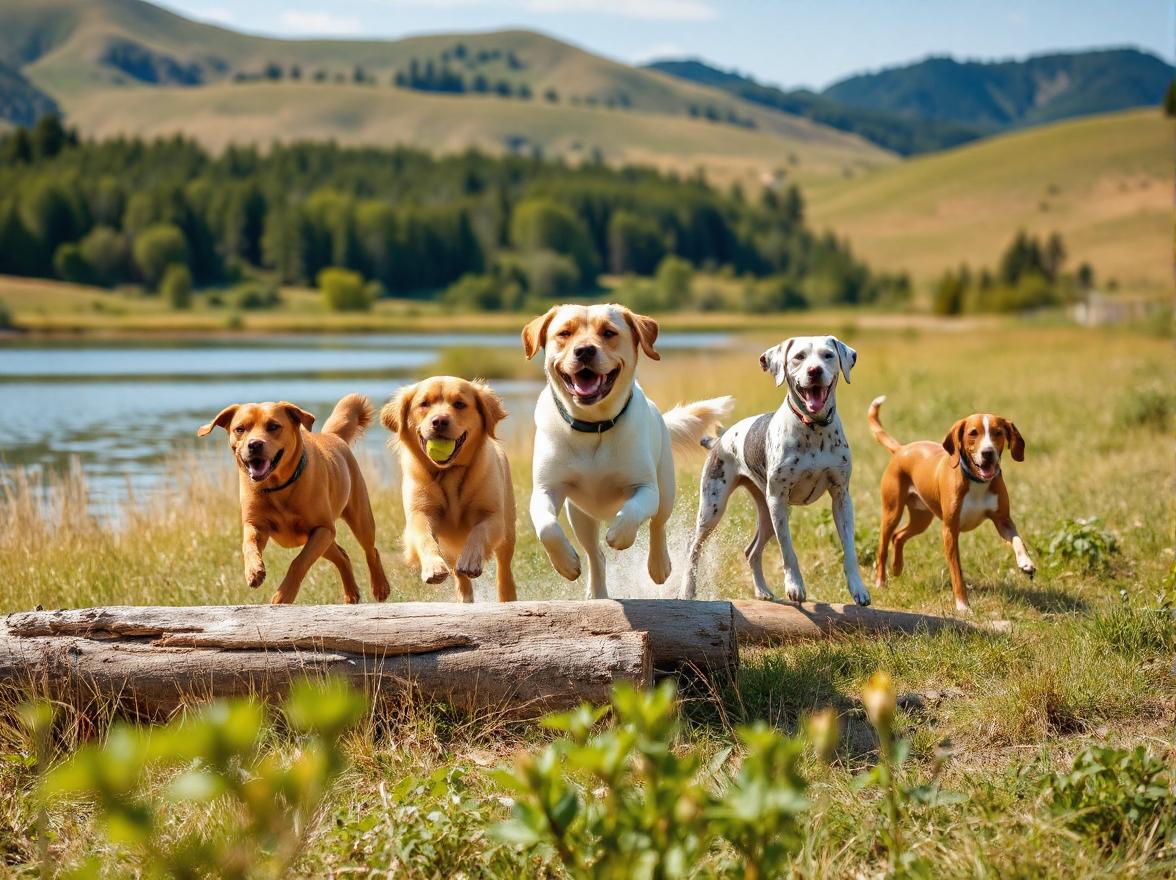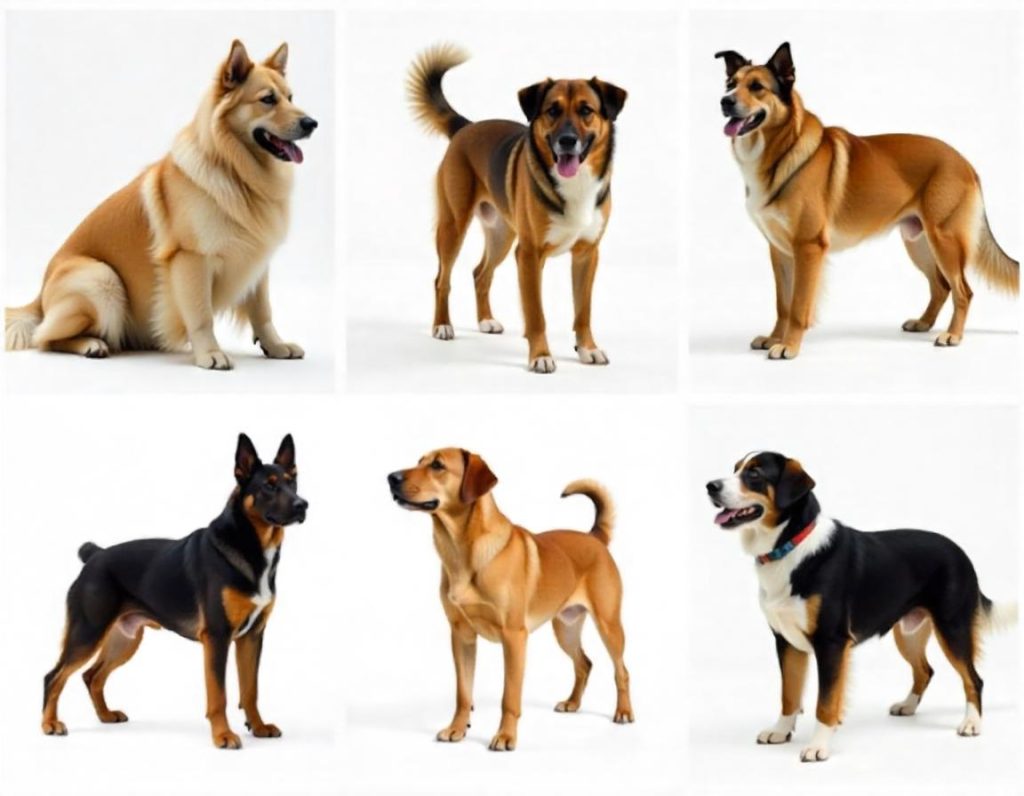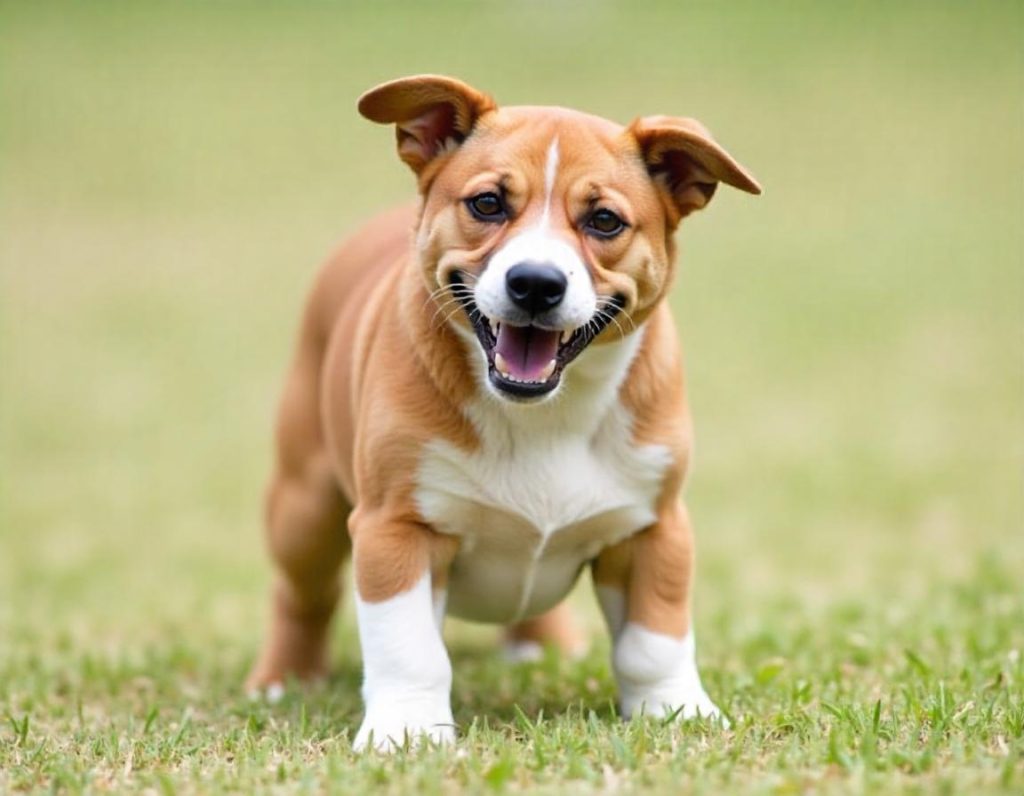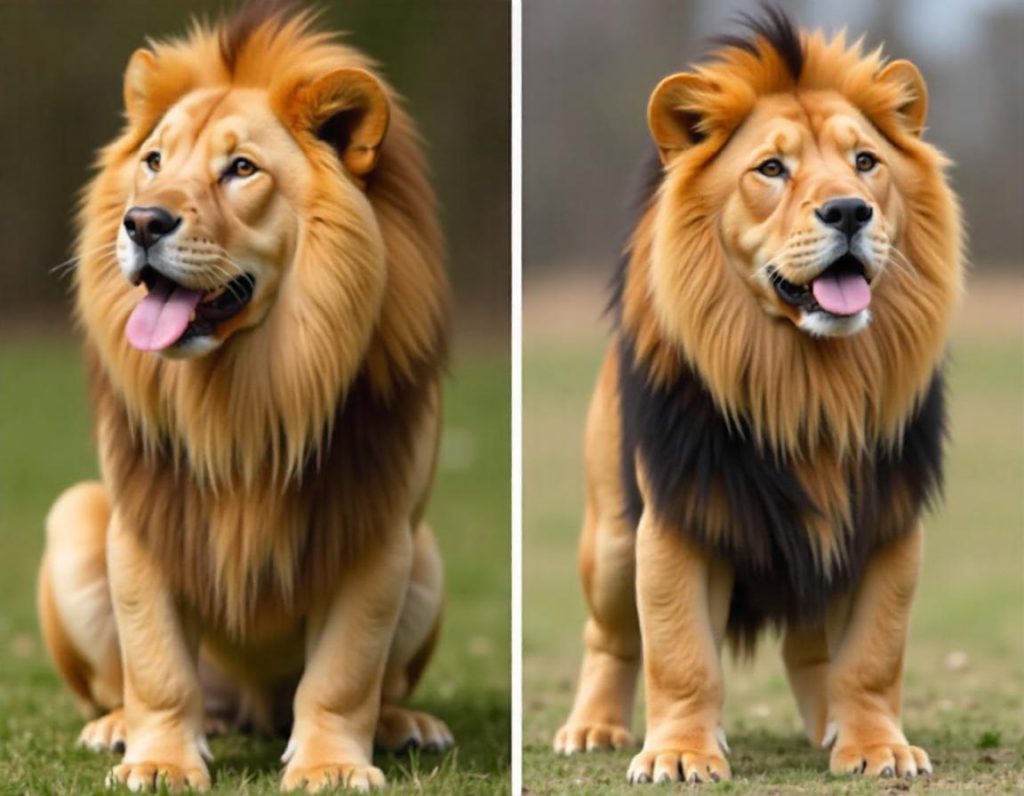Why Sporting Dog Breeds Are Perfect for Active Lifestyles
If you’re an outdoor enthusiast or someone who loves staying active, a sporting dog breed might just be your ideal companion. Known for their boundless energy, intelligence, and eagerness to please, these dogs were originally bred to assist hunters in retrieving game. Today, they are cherished not only for their athleticism but also for their loyalty and versatility as family pets. In this article, we’ll explore the best sporting dog breeds, their unique characteristics, and how they can fit into your lifestyle.
Sporting dog breeds include Retrievers, Spaniels, Setters, and Pointers—each with its own set of skills and temperaments. These dogs thrive on physical activity and mental stimulation, making them perfect for individuals or families who enjoy hiking, running, swimming, or even agility training. Whether you’re looking for a loyal jogging partner or a playful companion for your kids, there’s likely a sporting breed that matches your needs.
But before diving into specific breeds, it’s important to understand what sets sporting dogs apart from other types of dogs. Their high energy levels, trainability, and sociable nature make them stand out. However, owning one requires commitment. They need plenty of exercise, mental challenges, and attention to stay happy and healthy. Let’s delve deeper into some of the most popular sporting breeds and discover which ones might be right for you.
Top Sporting Dog Breeds: Traits and Characteristics
1. Labrador Retriever
When it comes to sporting dog breeds, the Labrador Retriever often tops the list—and for good reason. Labs are known for their friendly demeanor, intelligence, and adaptability. Originally bred as water retrievers, they have webbed feet and a waterproof coat, making them excellent swimmers.
Labs are highly trainable and excel in various roles beyond hunting, such as search-and-rescue operations, therapy work, and service dog duties. Their playful yet gentle nature makes them great with children, earning them the title of “America’s favorite dog” year after year.
However, Labs require consistent exercise to prevent boredom-related behaviors like chewing or digging. Daily walks, fetch sessions, and interactive toys can help channel their energy positively. If you’re considering a Lab, prepare for a lifelong adventure filled with fun and companionship.
2. Golden Retriever
Another iconic member of the sporting group is the Golden Retriever. With their lustrous golden coats and warm personalities, Goldens are beloved by families worldwide. Like Labs, they are intelligent, eager to please, and incredibly versatile.
Golden Retrievers are natural-born athletes, excelling in activities like dock diving, obedience trials, and fieldwork. Their calm temperament and patience make them exceptional therapy dogs and wonderful playmates for children.
One thing to keep in mind is their grooming needs. Their thick double coats shed heavily, especially during seasonal changes, so regular brushing is essential. Additionally, Goldens benefit from structured routines involving both physical and mental exercises to keep them engaged.
3. English Springer Spaniel
For those seeking a medium-sized sporting breed, the English Springer Spaniel is a fantastic choice. These dogs are lively, affectionate, and highly trainable. Historically used for flushing out game birds, Springers have incredible stamina and agility.
Their compact size doesn’t mean they lack energy; in fact, they need at least an hour of vigorous exercise daily. Activities like hiking, playing fetch, or participating in dog sports will keep them physically and mentally stimulated.
Springers form strong bonds with their families and are known for their cheerful dispositions. However, early socialization and training are crucial to curb any potential stubbornness. With proper guidance, they become well-rounded companions who thrive in active households.
4. Brittany Spaniel
The Brittany Spaniel is another standout among sporting dog breeds. Renowned for their speed and endurance, Brittanys are often seen competing in field trials and agility events. Despite their small-to-medium build, they possess remarkable athleticism and drive.
Brittanys are particularly suited for owners who lead fast-paced lifestyles. They love long runs, hikes, and games of fetch, and they’ll happily join you on outdoor adventures. Their sensitive nature means they respond best to positive reinforcement training methods.
While Brittanys don’t demand excessive grooming, their short coats still require occasional brushing to minimize shedding. Social interaction is key to their happiness, so they do best in homes where they receive ample attention and companionship.
5. German Shorthaired Pointer
If you’re searching for a true all-rounder, look no further than the German Shorthaired Pointer (GSP). This elegant breed combines grace, power, and versatility, excelling in hunting, tracking, and competitive sports.
GSPs are tireless workers with a strong prey drive, so they need plenty of opportunities to burn off energy. Without sufficient exercise, they may develop destructive habits. Fortunately, their love for activities like running, swimming, and scent work ensures they remain entertained.
What sets GSPs apart is their striking appearance—a sleek coat paired with expressive eyes—and their deep bond with their human pack. While independent thinkers, they are deeply loyal and protective of their families.
Caring for Your Sporting Dog Breed
Owning one of the best sporting dog breeds comes with responsibilities beyond daily walks and playtime. Proper care involves meeting their nutritional, grooming, and healthcare needs while ensuring they remain mentally stimulated.
Nutrition and Diet
Sporting dogs require a balanced diet rich in protein and fats to fuel their active lifestyles. High-quality commercial dog food formulated for active breeds is ideal, but consult your veterinarian to tailor a feeding plan based on your dog’s age, weight, and activity level.
Avoid overfeeding, as sporting breeds are prone to obesity if their caloric intake exceeds their energy expenditure. Portion control and regular weigh-ins can help maintain a healthy body condition.
Exercise and Mental Stimulation
Exercise isn’t just about burning calories—it’s also vital for your dog’s mental health. Incorporating variety into their routine keeps them engaged. For example, alternate between long hikes, obedience training, and puzzle toys to challenge their minds and bodies.
Interactive games like hide-and-seek or scent-based activities tap into their natural instincts, providing enrichment while strengthening your bond. Remember, every sporting breed has unique preferences, so experiment to find what excites your pup the most.
Grooming Needs
Most sporting breeds have dense coats designed to protect them from harsh weather conditions. Regular grooming helps prevent matting, reduces shedding, and promotes healthy skin. Depending on the breed, you may need to brush weekly or more frequently during shedding seasons.
Bathing should be done sparingly to avoid stripping their coat of natural oils. Use a mild shampoo specifically formulated for dogs, and always dry them thoroughly afterward to prevent skin irritation.
Health Considerations
Sporting dogs are generally robust, but certain breeds are predisposed to specific health issues. For instance, Labs and Goldens are prone to hip dysplasia and obesity, while Brittanys may experience epilepsy. Regular vet check-ups, vaccinations, and preventive care are essential to catch potential problems early.
Investing in pet insurance can provide peace of mind, covering unexpected medical expenses related to injuries or illnesses. Prioritize dental hygiene too, as periodontal disease is common in many breeds.
FAQs About Sporting Dog Breeds
Q: Are sporting dog breeds good for first-time owners?
A: Many sporting breeds, like Labs and Goldens, are beginner-friendly due to their friendly temperaments and trainability. However, their high energy levels require dedicated time and effort, so first-time owners should research thoroughly before committing.
Q: How much exercise does a sporting dog need?
A: On average, sporting dogs require at least 60–90 minutes of vigorous exercise daily. This could include running, swimming, or engaging in dog sports. Tailor the intensity to your dog’s age, breed, and individual needs.
Q: Can sporting dogs live in apartments?
A: While sporting breeds can adapt to apartment living, they fare better in homes with access to outdoor spaces. Regardless of location, ensure they receive adequate exercise and mental stimulation to thrive.
Q: What’s the lifespan of sporting dog breeds?
A: Most sporting breeds live between 10–14 years. Providing proper nutrition, exercise, and healthcare can maximize their longevity and quality of life.
Conclusion
Choosing one of the best sporting dog breeds is a decision that promises endless joy, companionship, and adventure. From the ever-popular Labrador Retriever to the agile Brittany Spaniel, each breed brings something special to the table. By understanding their unique traits and requirements, you can select a dog that aligns perfectly with your lifestyle.
Remember, owning a sporting dog is a rewarding journey—but it’s not without its challenges. Commitment to their physical and emotional well-being is non-negotiable. With love, patience, and dedication, these remarkable dogs will repay you tenfold with unwavering loyalty and boundless enthusiasm.
So, whether you’re hitting the trails, exploring new parks, or simply enjoying a lazy Sunday afternoon, a sporting dog will undoubtedly enhance every moment. Ready to embark on this exciting chapter? The perfect sporting companion awaits!





